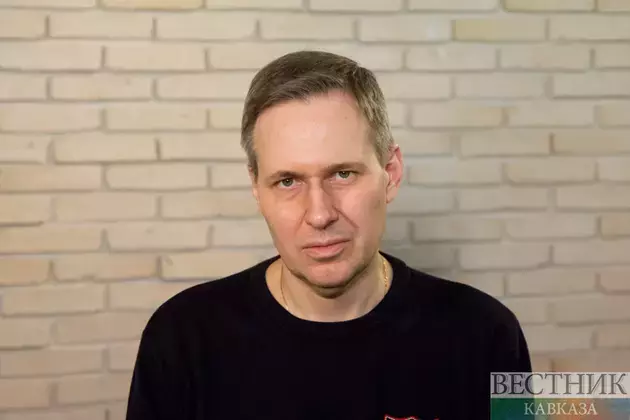The French government, on the initiative of President Emmanuel Macron, reached an agreement with the leadership of Corsica to grant the island broad autonomy by adapting French legislation to Corsican realities. Vestnik Kavkaza spoke with international observer, military expert, author of the Telegram channel "Artamonov: Russian Defense" Alexander Artamonov about the consequences that Macron’s policy could lead to France.
- Alexander Germanovich, what are Corsica's demands for autonomy within France based on?
- Corsica has not had good relations with the continent for a long time. It began from the very minute Corsica was conquered by France, including due to the fact that on the island they speak not French, but the Corsican dialect of the Italian language. The problem worsened after the First World War, by the way, because of the Russian Empire. Soldiers from the 4th Russian Expeditionary Force settled there at one time, who fought in France and were not released by the French after the revolution under the pretext that they should continue fighting while the World War is going on. As a result, the people who lived until 1918 founded powerful clans in Corsica that began to fight with the continent.
It must be understood that in post-Napoleonic France there was exclusively unitary state power, with no federal division into units, as in Germany, Russia or the USA. This actually ignored the rights of the Corsican people, leveled them and did not allow them to defend their identity. When the struggle against the French authorities intensified on the basis of the families of these legionnaires after the First World War, a Foreign Legion base and a republican high-security penal service were stationed in Corsica to solve the problem. And for many years and decades, forced Frenchization was practiced in Corsica.
About 40-50 years ago, two powerful political parties were formed on the island, which began to fight for the autonomy of Corsica officially, relying on other provincial movements within France (for example, there are similar movements in Brittany and Savoy, where small nations live). As a result, the situation escalated significantly. Several times Paris had to suppress the resistance of the Corsicans, most recently in the 1980s, even using helicopters, as there were serious clashes. The Corsicans did not allow people onto their island who tried to retire there, since the central authorities gave Corsican land to French citizens very easily. It got to the point where they would let a person build a house, and then they would come and explain that the person had to give his land to the locals, or the house would be blown up at night.
- Why is Macron now agreeing to grant autonomy to Corsica, although previously the demands of the Corsicans were ignored?
- Macron felt that the situation was out of control. The Corsicans enjoy the strongest brotherhood in continental France along the entire Côte d'Azur, which gives them strong political support. Therefore, Macron, realizing what was happening, had to let go somewhat. But, in theory, it opens Pandora's box, because now similar rights to broad autonomy will be demanded by at least French Brittany, which considers itself illegally annexed to France about 500 years ago. As soon as Corsica gains autonomy, case law will start working, and everyone who fought hard for independence from Paris will come to Macron for the same thing.
- Who else besides Brittany can demand autonomy in France?
- Lille, Savoy and Occitania also claim autonomous self-government, where not the French live, but other peoples annexed to France by force. All of them demand, at a minimum, the restoration of the rights that they had in the era of the kings, because until 1789 these regions had their own rights, which they were deprived of for more than two hundred years. For example, in Russia the republics have their own cultural, republican, and religious holidays, but in France this is impossible. Therefore, all these territories will claim the return of their former autonomy.
The intensifying struggle for autonomy is associated with migration problems. A significant number of people coming to mainland France are not de facto emigrants - they are descendants of the French Empire's inhabitants, the same native French population, who do not speak any other language except French, whose grandparents were born in French territory. They also have the right to live in France, but native French of European descent do not believe that this is the case. Therefore, in France we can already see the beginning of some movement towards civil war. This is also reflected in the fact that the provinces are trying to separate themselves from the center. We should expect a certain rise in ethnic nationalism, which will give rise to a struggle with the suburbs.
- So, what could be the global consequences for France?
- Macron is leading France to collapse. In France there is a very popular idea that "Europe doesn't consist of states, but of territories", according to which any province has the right to self-determination - and together they form a common Europe. Indeed, the provinces of modern European states were once separate states, and there is nothing supernatural in their claims to autonomy. For the unitary system of France, this means disintegration.
There's hardly any need to worry about this, except for the fact that France has nuclear weapons. It is unclear who, after the collapse of the state, will receive the French nuclear shield and where these weapons may emerge in the future. This is truly dangerous for the whole Europe, and I really want to believe that a kind of caliphate will be formed in France's place, which will have centralized power and will be able to take control of French nuclear weapons.






